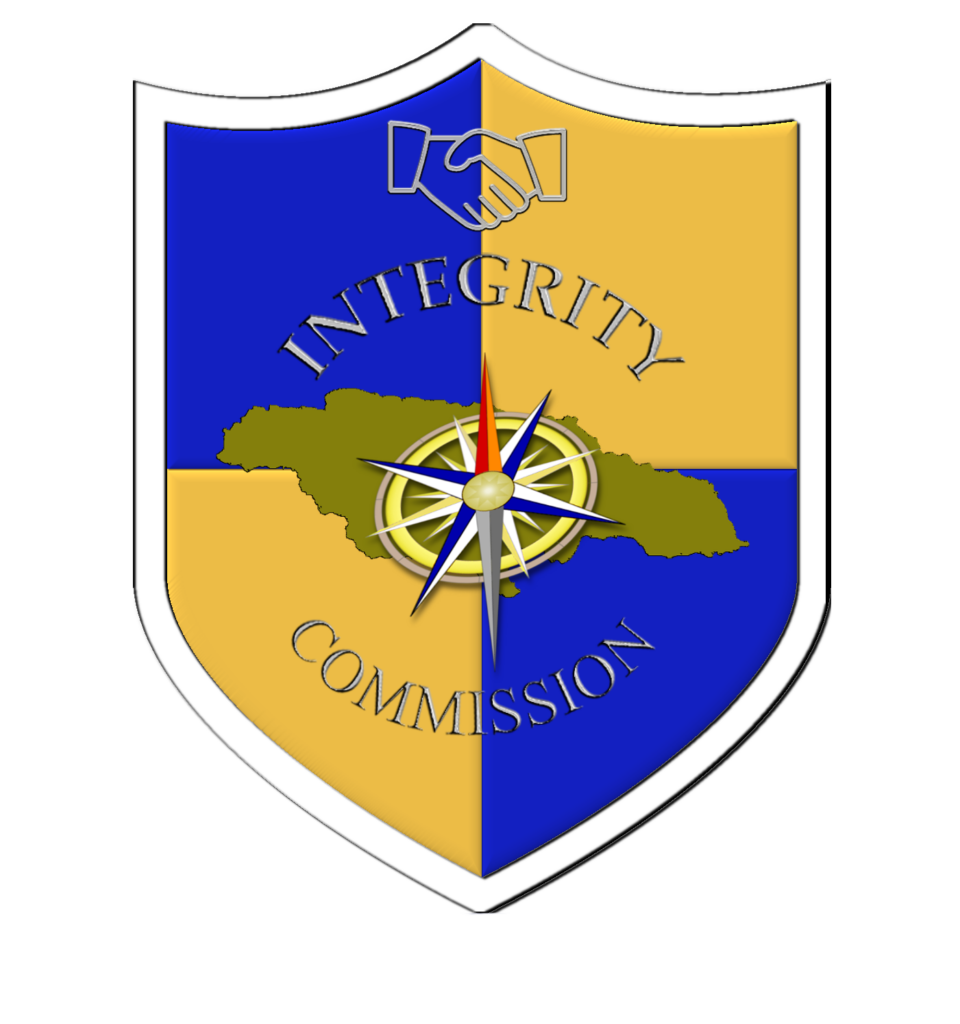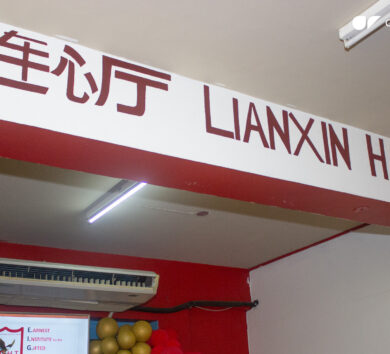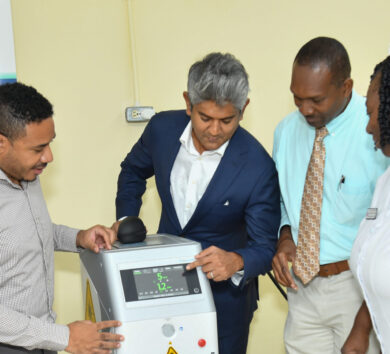

Durrant Pate/Contributor
The Integrity Commission (IC) has stopped short on calling out the governing Andrew Holness administration for stonewalling on the implementation of critical recommendations to strengthen anti-corruption work and bolster its staff complement.
The commission, in its recently tabled 2024-25 annual report to Parliament, cited the example of staff retention, which is being held up in Gordon House by the committee reviewing the Integrity Commission Act (ICA).
In the report, commission chairperson Carol Lawrence-Beswick highlighted that while the turnover rate of staff has been reduced, much more needs to be done.
Aligned with government policy, approval has been given for the addition of 13 new posts to the structure of the Integrity Commission to remove existing temporary positions.
However, Justice Lawrence Beswick emphasised, “further approval from a committee of Parliament will then cause the policy to actually come into effect and assist in retaining these committed staff members.”
Currently, there are several vacancies throughout the commission, and many seem to arise from challenges in the classification structure, which affect remuneration as well as the high-risk working environment. Nonetheless, staff training is ongoing, as some prosecutors bear the cost of their own training to hone their prosecutorial skills.
Recommendations falling on deaf ears
The IC has identified some areas of its operation that would benefit from amendments to the ICA and has made numerous recommendations annually, from 2019 to the houses of Parliament, in accordance with section 60 of the act, which provides for a review. Included is the amendment, which would make electronic filing of statutory declarations possible and would thereby create a convenient, easy method of filing.
During 2024/2025, the IC was still awaiting decisions from the houses of Parliament concerning all the previously suggested amendments to the ICA. Parliament, particularly the Joint Select Committee, is expected, at its earliest convenience, to indicate its decisions concerning the recommendations for amendments which are detailed in this report.
The IC also made recommendations to a multitude of public bodies during the parliamentary year 2024-25, consequent upon its core function of monitoring contracts in respect of the procurement process. Many responses from these bodies remain outstanding.
Delays in answering crucial questions
The IC was at pains to highlight the many delays in getting answers to probing questions, noting, “Timely responses would provide answers/solutions important to prevent corruption or to expose it. For example, remaining unanswered during that period were questions as to the absence of security on Government work sites, the reasons for pausing the work under a contract, and how the time lost would affect the schedule of the project.“

While the work of the commission is inextricably related to co-operation from all echelons of our society, the annual report for 2024/2025 shows that the commission is steadfastly working to fully meet its mandate.
Noting that the goal of eliminating or reducing corruption in Jamaica demands commitment to that end from both individuals and leaders, who desire to attain that goal, the IC says, “such commitment requires that the recommendations made by the Commission should not lie fallow on a desk.”
The questions posed as to issues being examined need answers, reports tabled need responses, requests made for assistance from the Parliament to create circumstances to attract and retain staff, should elicit action, the IC observed. The IC argued, “responding to enquiries that may expose corruption; passing pertinent legislation to establish relevant, helpful policies to combat corruption. Action means actively obeying the law without trying to invent spurious exceptions and without sacrificing honesty at the altar of convenience.”
In conclusion, the anti-corruption body argued that “the fight against corruption must be ongoing,” adding, “Encouraging voices are appreciated, but perhaps more useful would be all hands being on deck. A change, resulting in a significant reduction in the level of corruption in our country, is possible and indeed it can be closer than we dare to dream.”







Comments